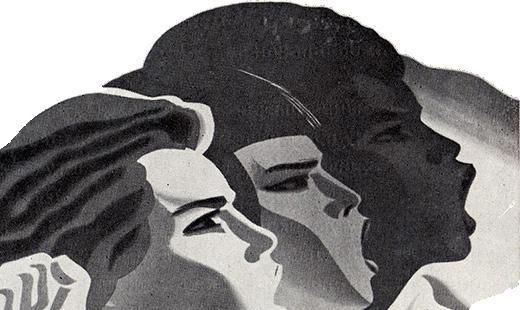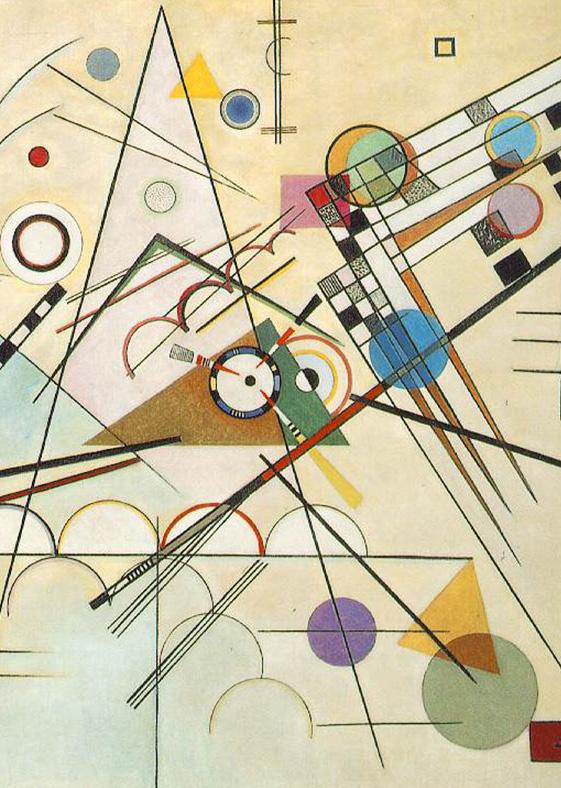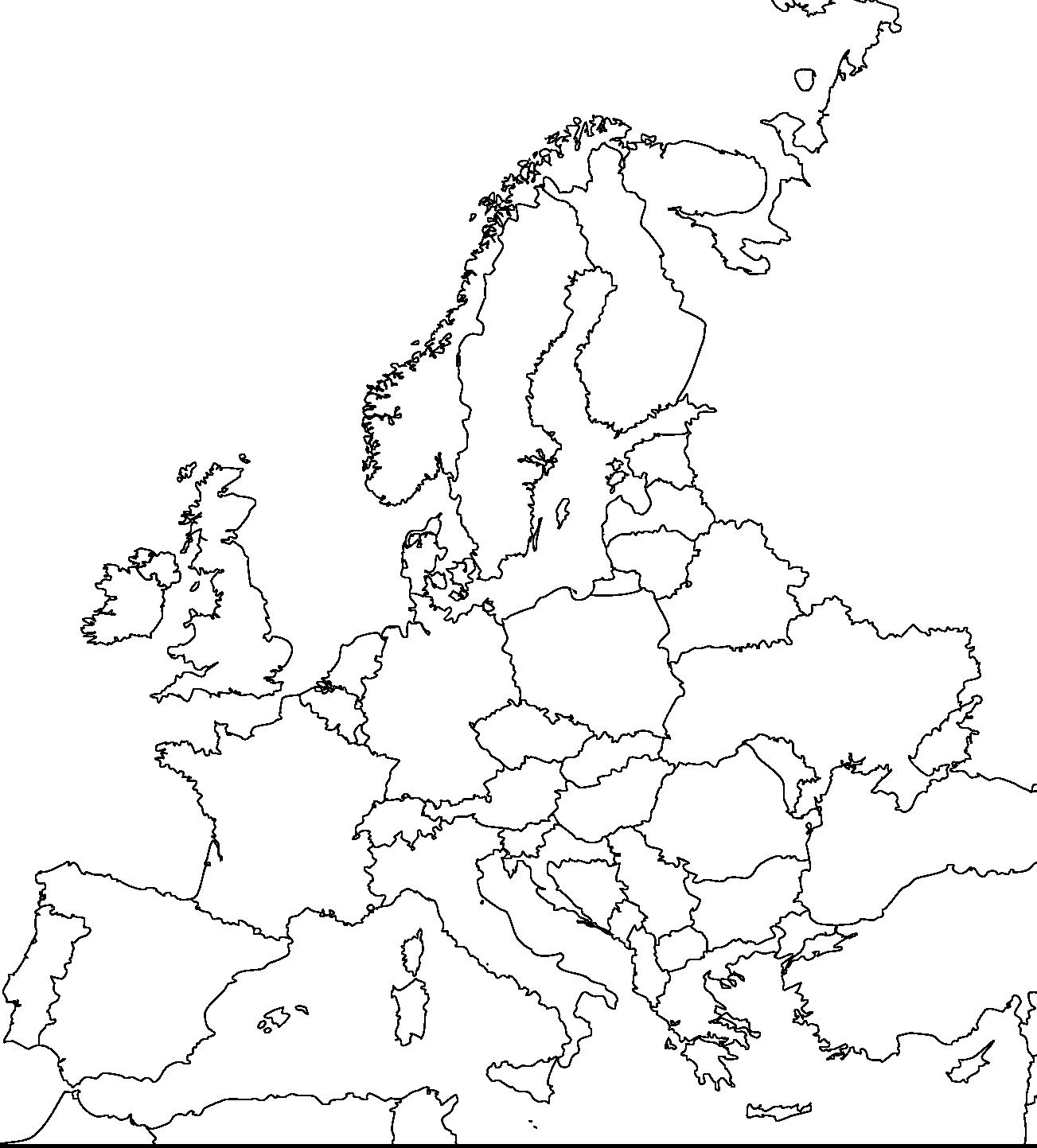
3 minute read
WHY SOLIDARITY IS AN ES
Why Solidarity Is an Essential Component of European Culture
Barbara Polin
Advertisement
From the seeds of economic cooperation...
In 1957, the early days of the European Economic Community (EEC), the very concept of European solidarity seemed to be a mirage. Memories of the Second World War were still vivid, part of the continent was behind the Iron Curtain and the United States seemed to be the only reliable partner. Yet, the successful institution of the EEC proved that not only European countries could resist declaring war on each other, but also that they were able to cooperate on the same matters that once divided them.
...To the flourishing of a principled political association
As the European Union (EU) was instituted in 1993, it provided a fertile ground where the seeds of economic cooperation could bloom into political association. With its background as a peace project, the newly formed EU chose to be consistent with a principled approach both in internal and foreign policy. For example, the Member States agreed that third countries should comply with the EU’s standards and values in terms of democratic and legal institutions, economic model and overall political capacities. In this way, the new and old Member States shared a common political framework, as a result this mitigated existing differences and it enabled a deepening in terms of cooperation.
...Then, the pandemic dearth
Upon the outset of the pandemic, European cooperation seemed to have abruptly returned to zero. In March of 2020, while military trucks transported coffins out of the Italian city of Bergamo, the Capitals scrambled to block exports of medical equipment, disrupted the Schengen mobility and created an impenetrable cordon sanitaire around Italy. Suddenly, the existence of a Union seemed to no longer belong to the European culture: as unity and culture appeared to be dissolving within the illusions of a temporary epidemic.
A new season of cooperation
A few months after the trucks left Bergamo, European cooperation rose from the ashes. In July, the European Council agreed to a sizable EU recovery plan, the NextGeneration EU, which is valued around 750 billion euros. This decision was crucial for continued EU solidarity: it is true that the pandemic hit globally, but some EU states were more vulnerable to its social and economic impacts, such as the larger Mediterranean countries. Without the NextGeneration, the EU would encounter fragility and risked credibility, especially when tackling new challenges. So, with the approval of the fund, European, the EU prioritizes and encourages solidarity through collective effort.

The blossoming of EU solidarity
Another prominent example of EU solidarity was the donation of COVID vaccines to the Member States that necessitated more assistance. In late March 2021, nineteen Member States agreed to donate part of their vaccine supplies to five countries whose reserves were running low. To be clear, this was not a unanimous decision: three Capitals tenaciously resisted the prospect of sharing vaccines. However, these internal differences must not undercut the eventual success of the EU to achieve the donations of vaccines between its Member States. As a result, this underlines notions of solidarity and cooperation that are unlikely to occur upon a global scale.
A fragile and precious flower
Solidarity is vital to the EU and the key to its future. Yet, it is not spontaneous: solidarity requires diplomatic effort, a charismatic political spin and an external shock as powerful as it can be. In fact, once it is enacted, its implications can pull societies together and its meaning may overcome political divides. Indeed, it will be an essential source of energy keeping the EU afloat.

Robert Schuman Paris, May 9 1950 “Europe will not be made all at once, or according to a single plan. It will be built through concrete achievements which first create a de facto solidarity.” eurovisie WANT TO WRITE FOR EUROVISIE? SEND YOUR ARTICLE TO EUROVISIE@SES-UVA.NL











